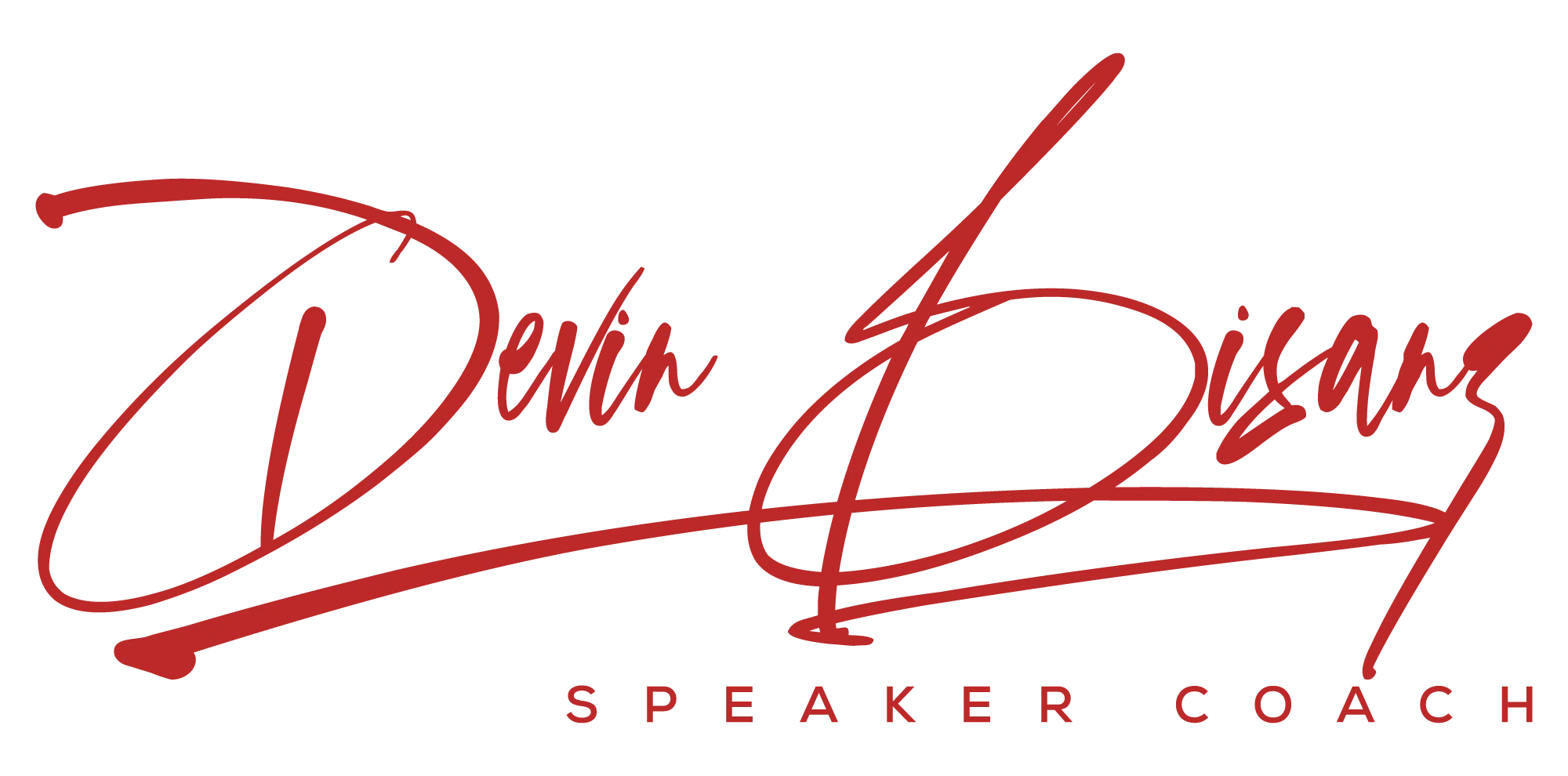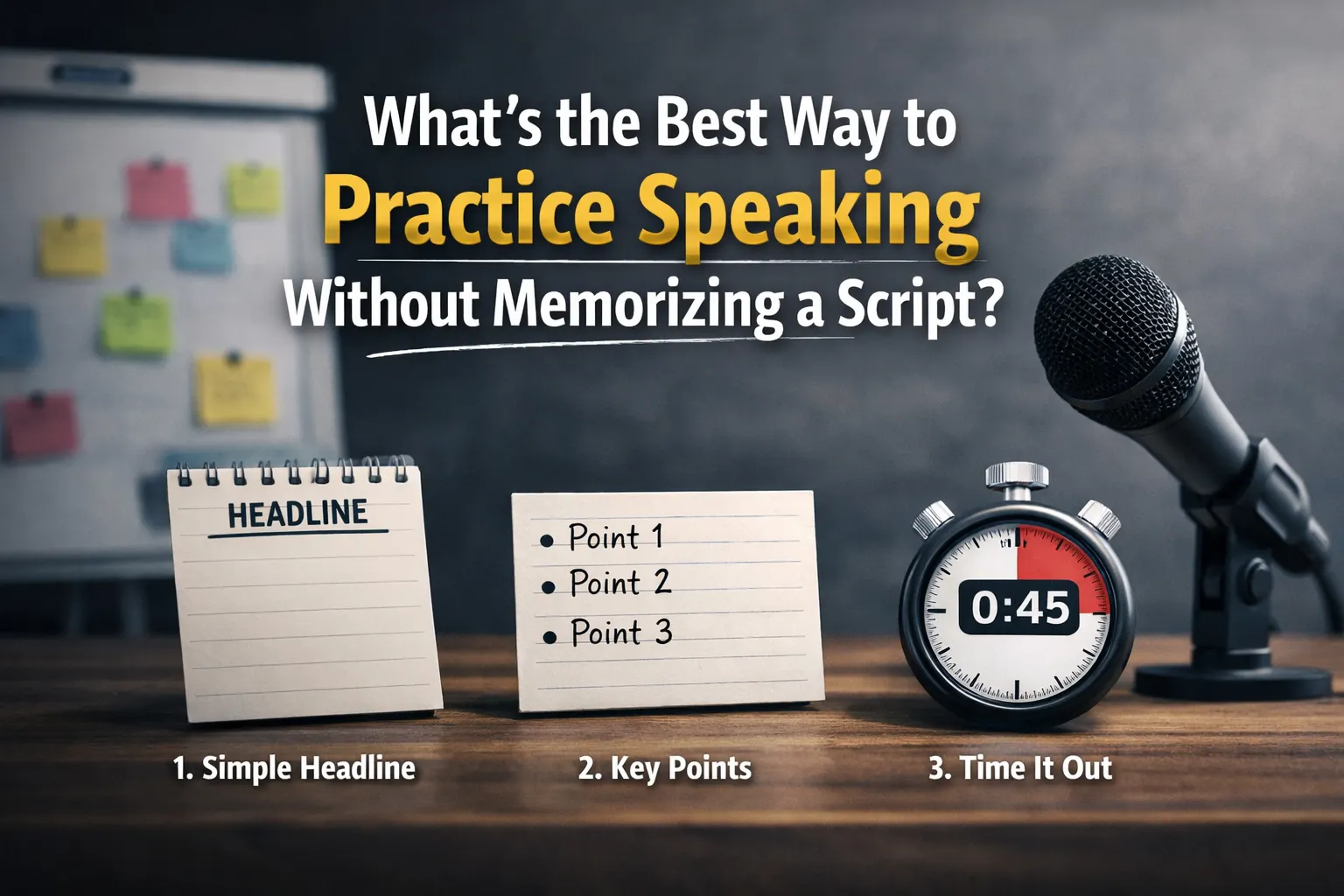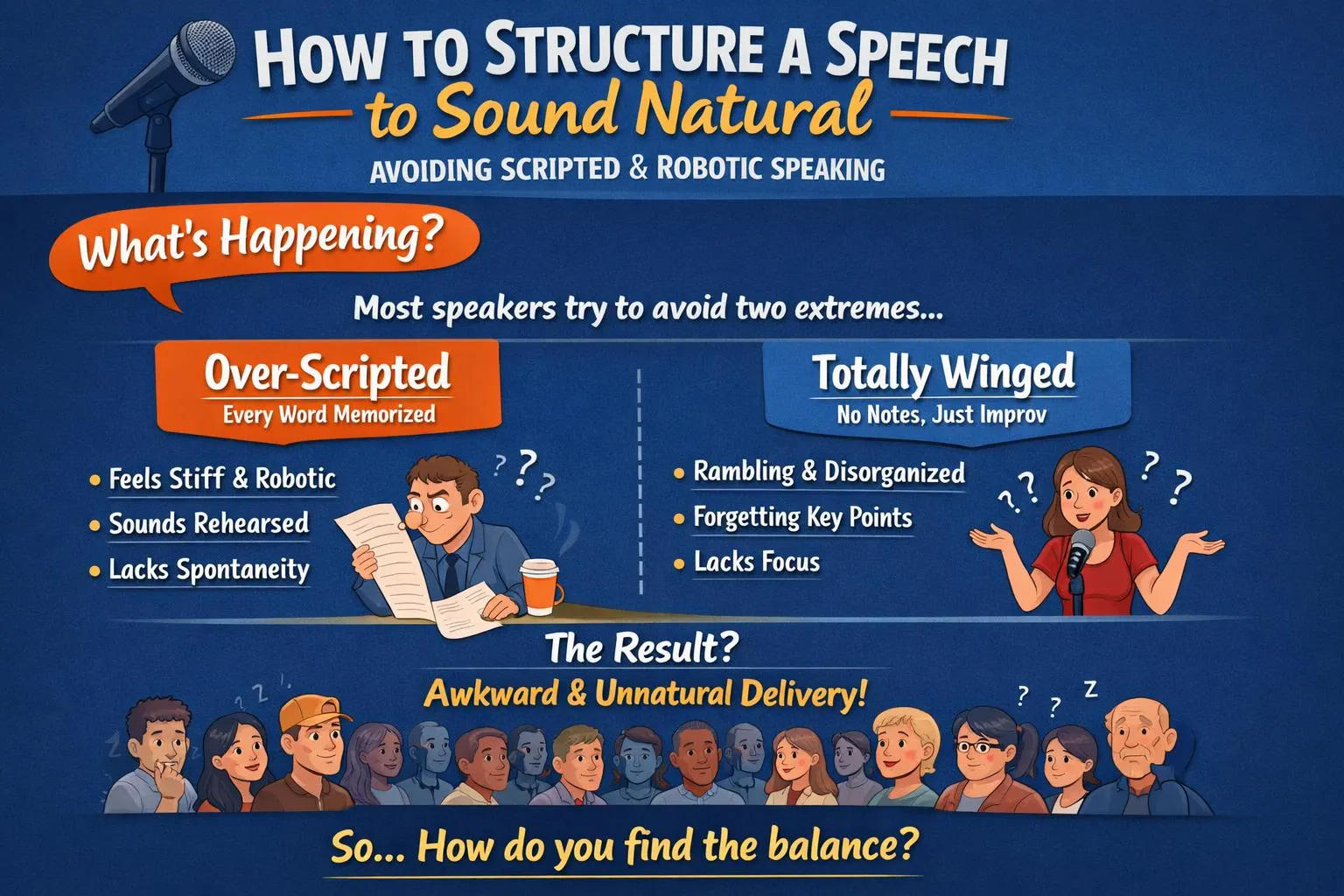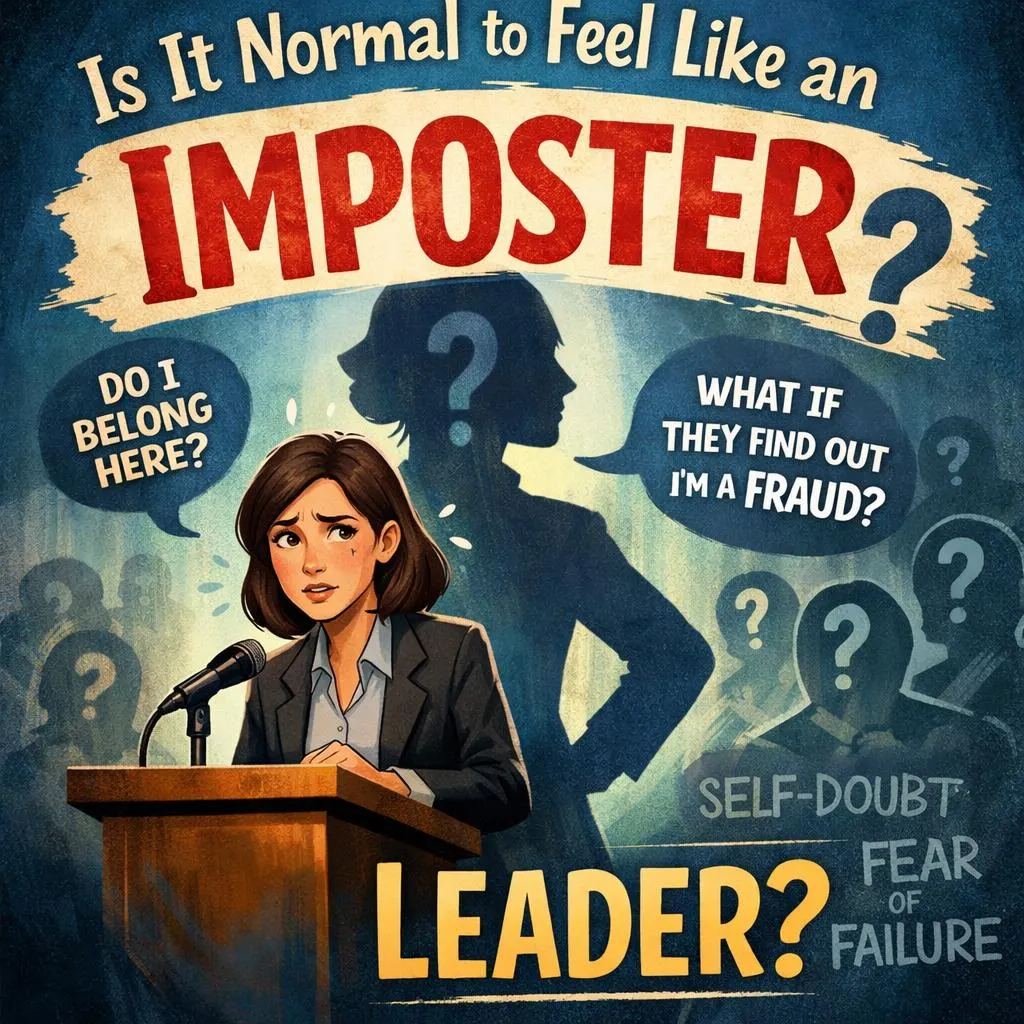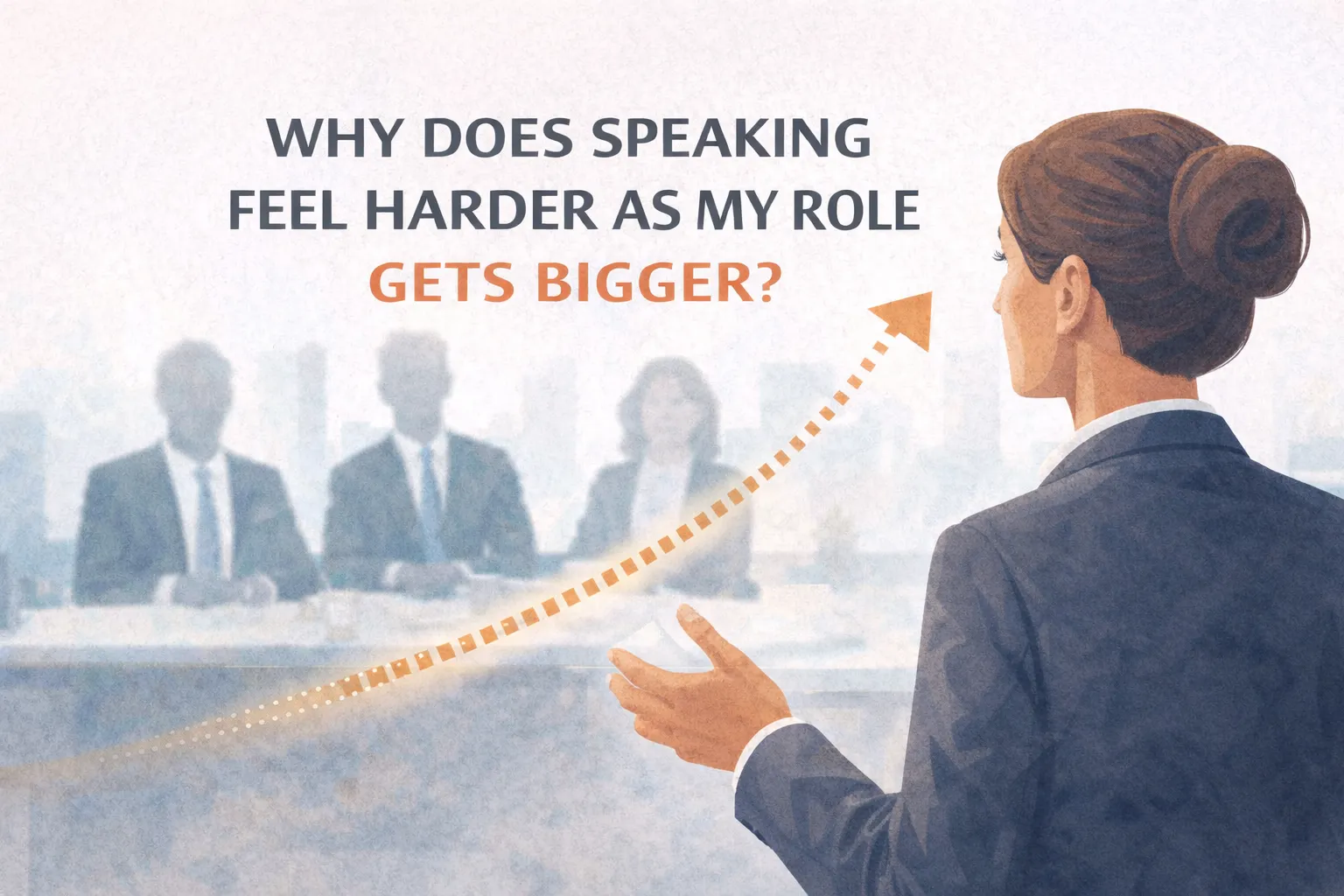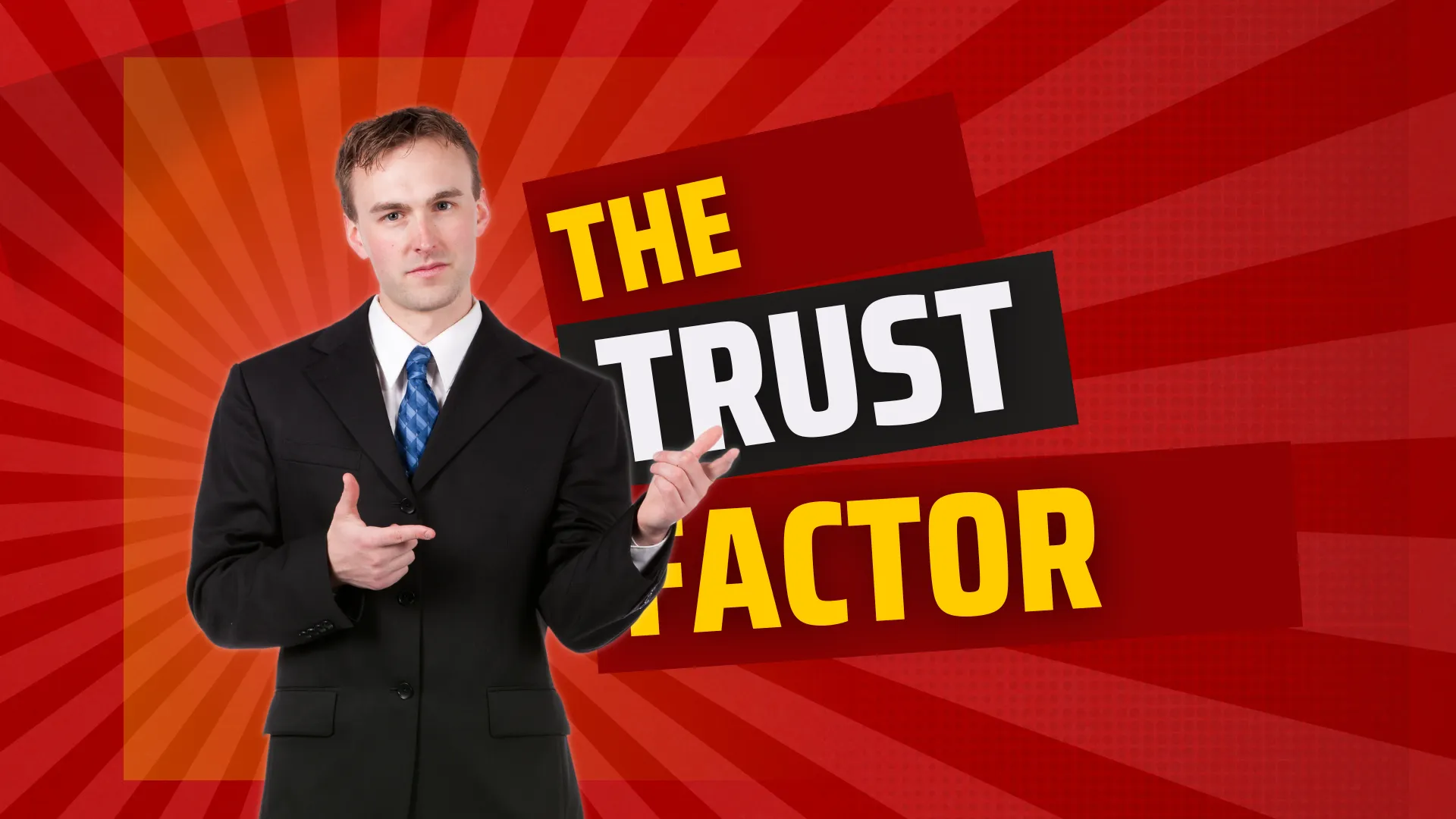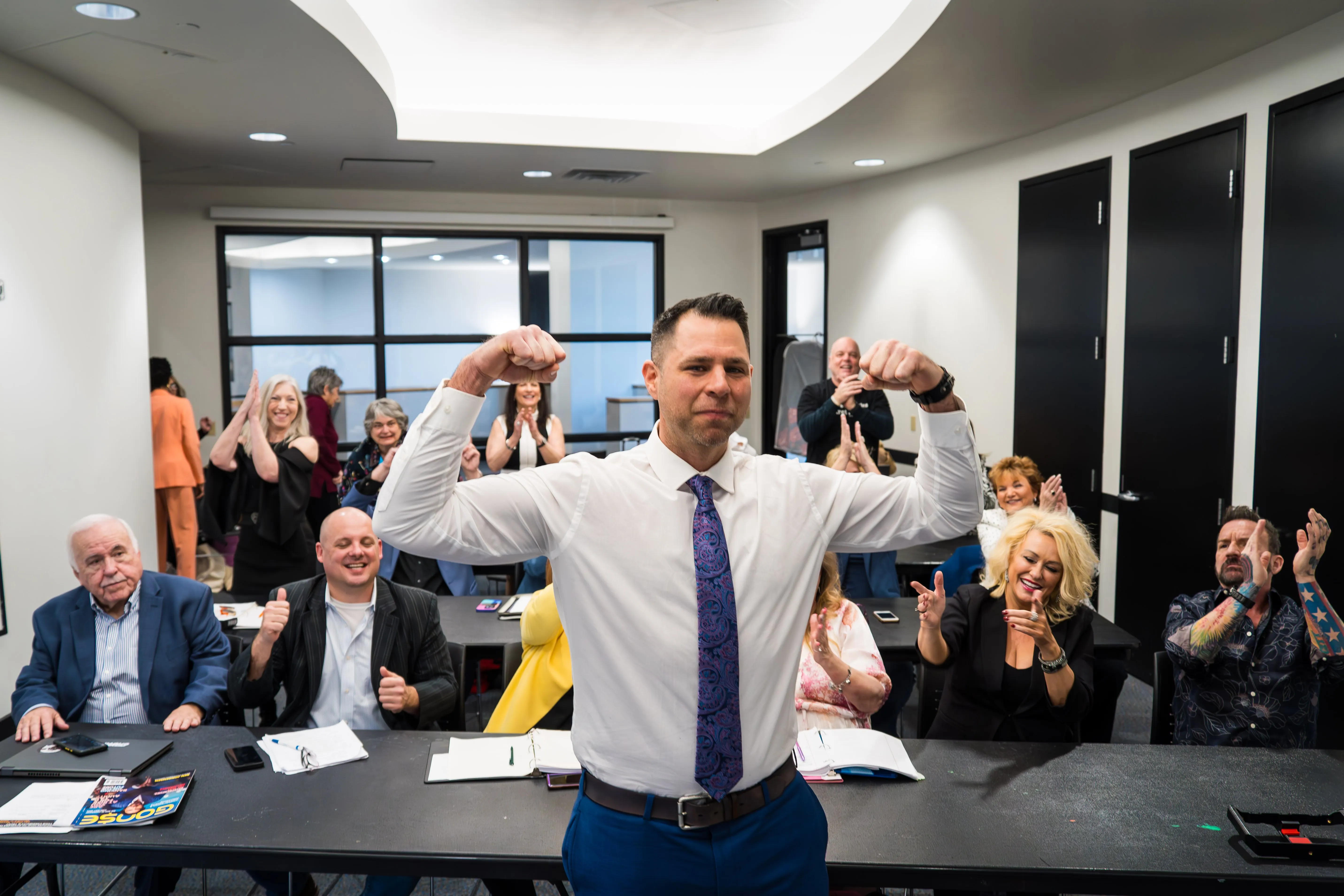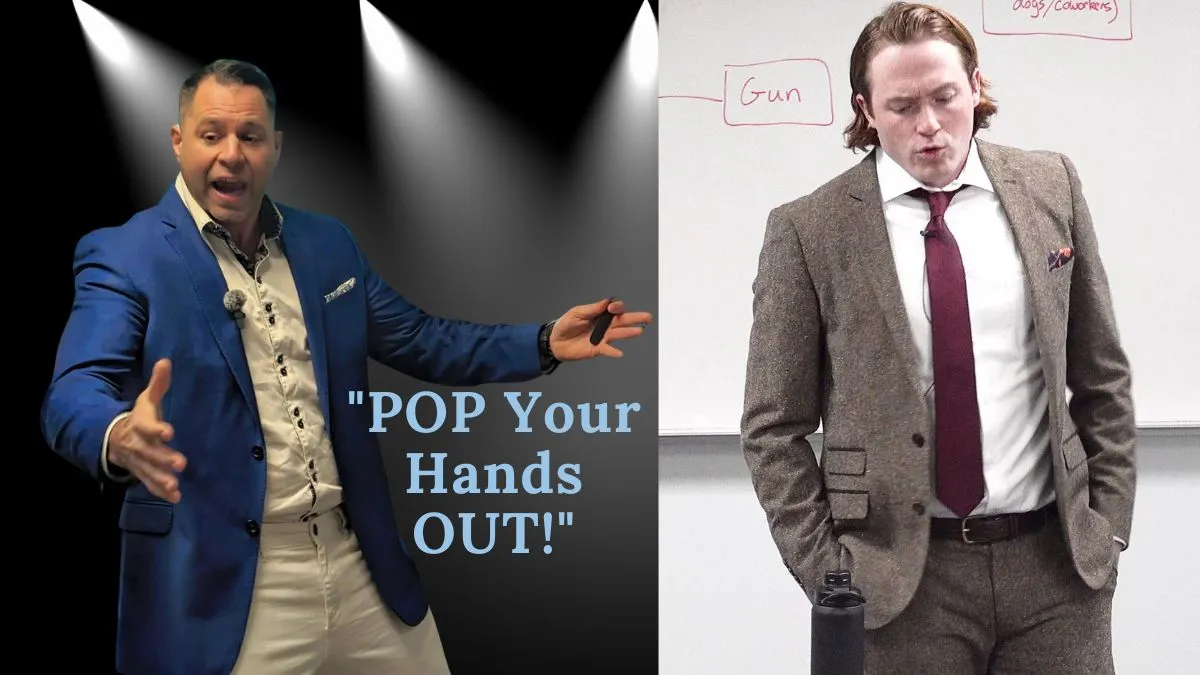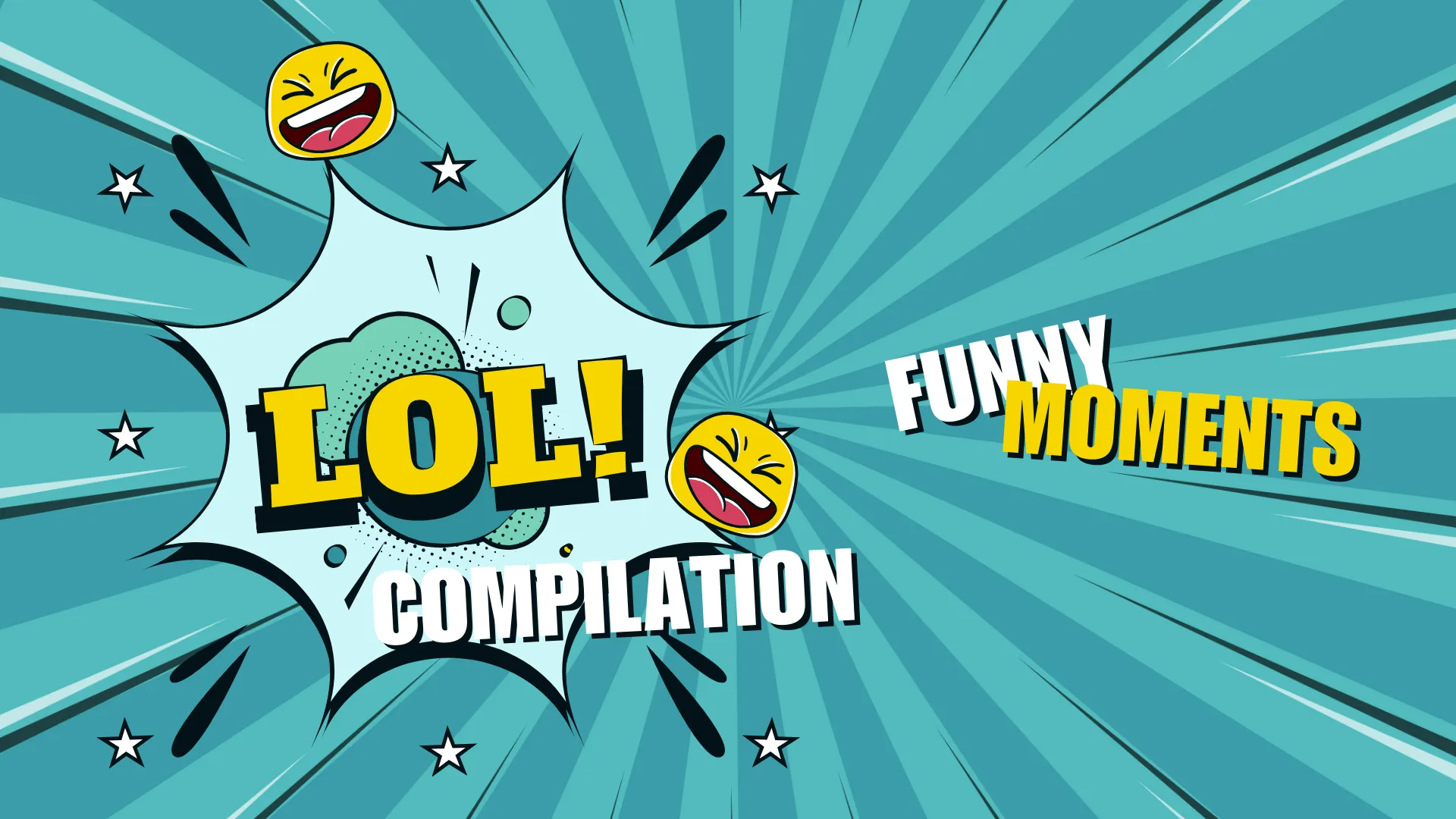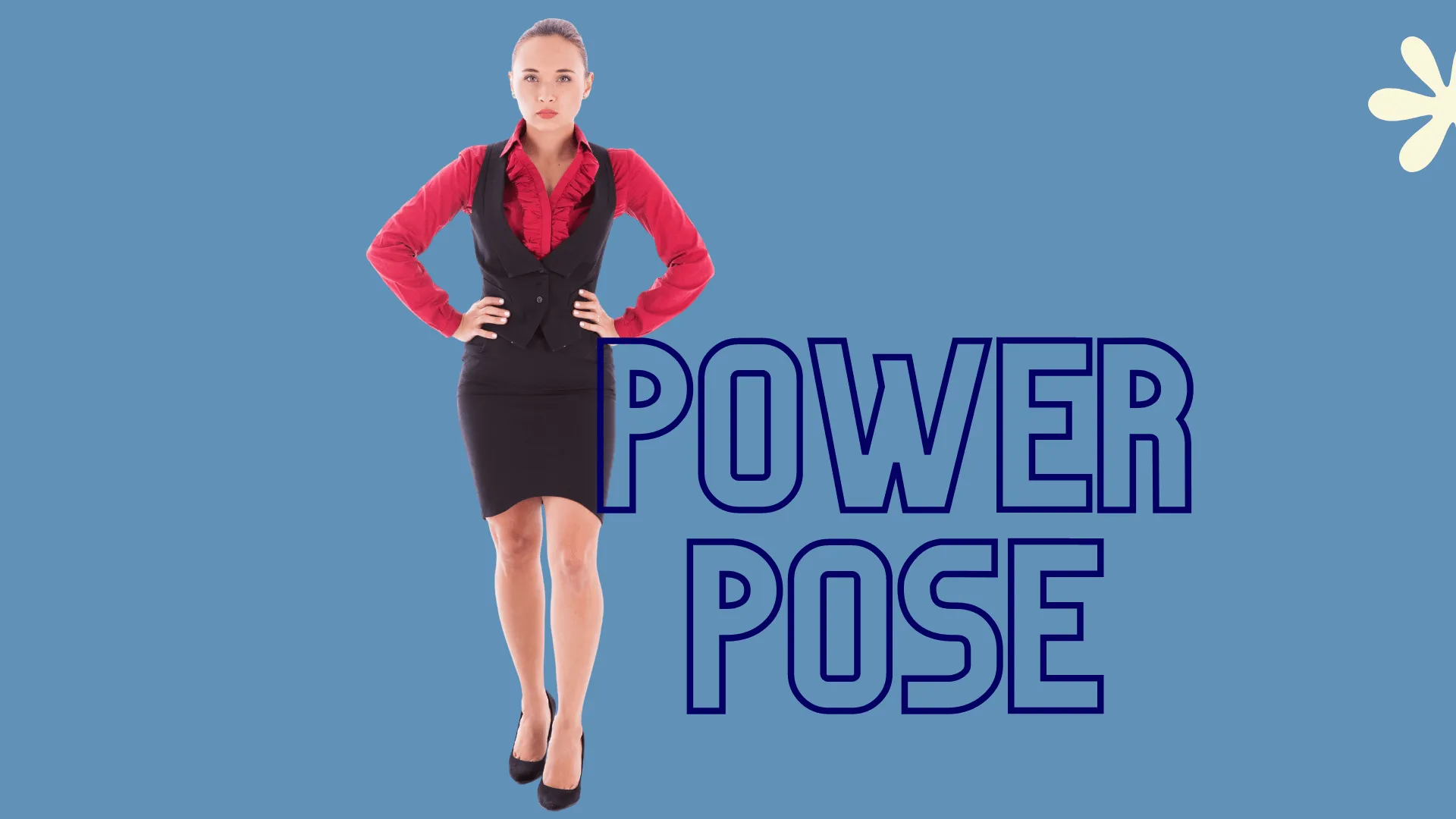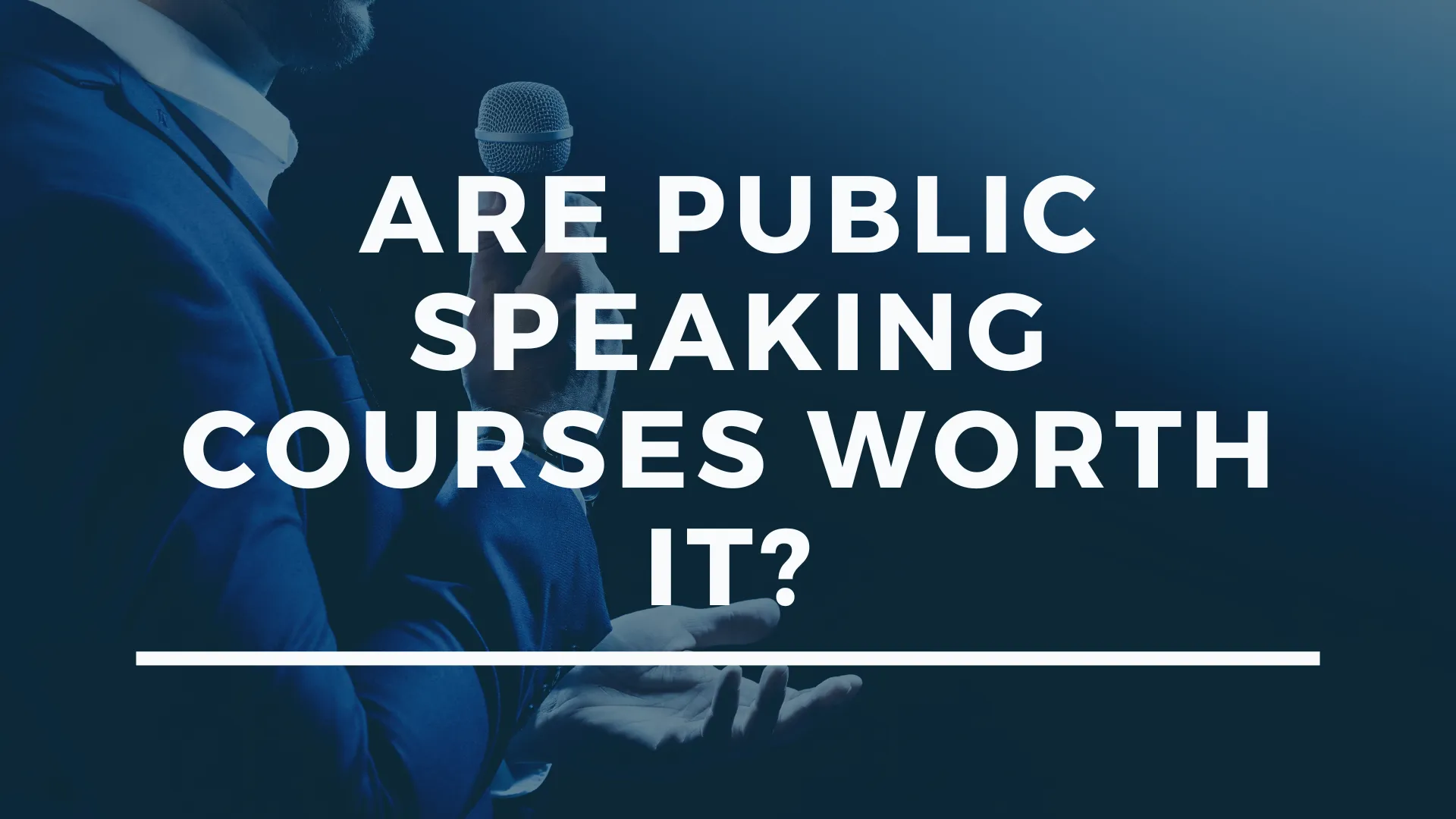Own Your Niche Or Get Ghosted
There’s a reason your inbox isn’t blowing up with paid speaking invites.
It’s not your delivery.
It’s not your confidence.
It’s not even your website.
It could be your niche.
It could be your personal branding.
If you’re billing yourself as a “motivational speaker” or “leadership expert” without anchoring it in something specific, you’re basically Tinder-swiping left on gigs you’ll never see.
If your online persona doesn't make you shine, then kiss those conversions goodbye.
The TEDx Trap
I know speakers applying to multiple TEDx events begging for an opportunity.
Funny, because I recently saw an email response in a WhatsApp chat from the Denver TEDx committee that said, “We do not accept applicants from out of state because those applicants are usually applying for 20+ TEDx talks.”
Translation: people are spamming applications, tailoring each one with AI, then acting like they’ve unlocked some kind of credibility cheat code because they got on a stage.
Sure, that’s one time-consuming way to do it. Not to mention, most spammers get on a no-name TEDx stage- many with bad venues and video.
That actually works against your brand.
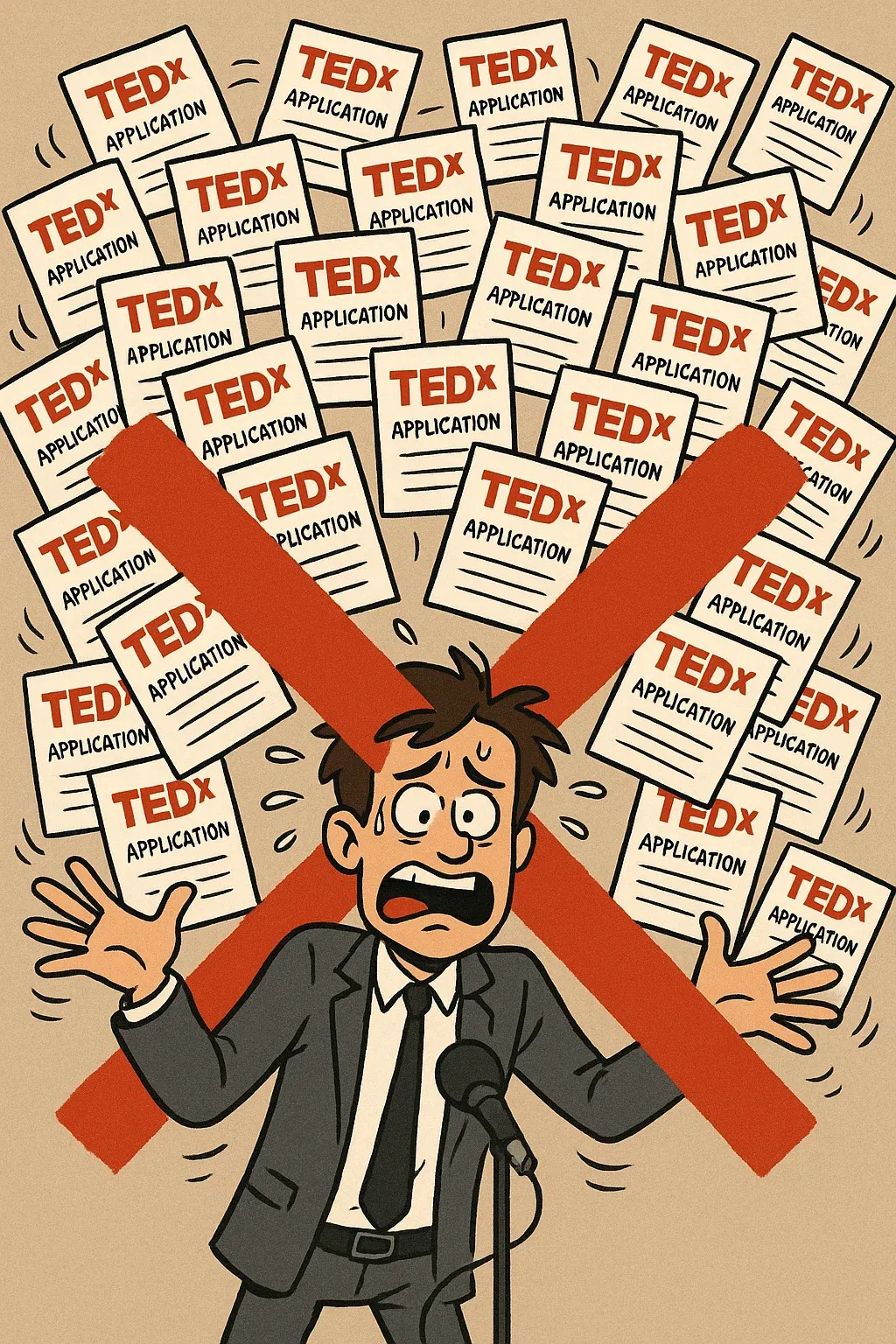
How to Niche Target TEDx Events
- Join an advanced Toastmasters club. Look for one where TEDx event organizers are already members (99% of TEDx organizers are Toastmasters).
- Don’t fanboy the organizer. Play it cool. If they mention TEDx, smile, and never pounce.
- Speak your heart out on stage. These clubs aren’t beginner-friendly. You need chops, or you need an introduction just to get in the club.
- Take the hits. Let experienced speakers tear you apart. It’s training, not bullying. If you can’t handle feedback, you’re not ready for stages.
- Let the TEDx Organizer approach you.
- Choose the right club and you'll get on a top 5 TEDx in your state or country.
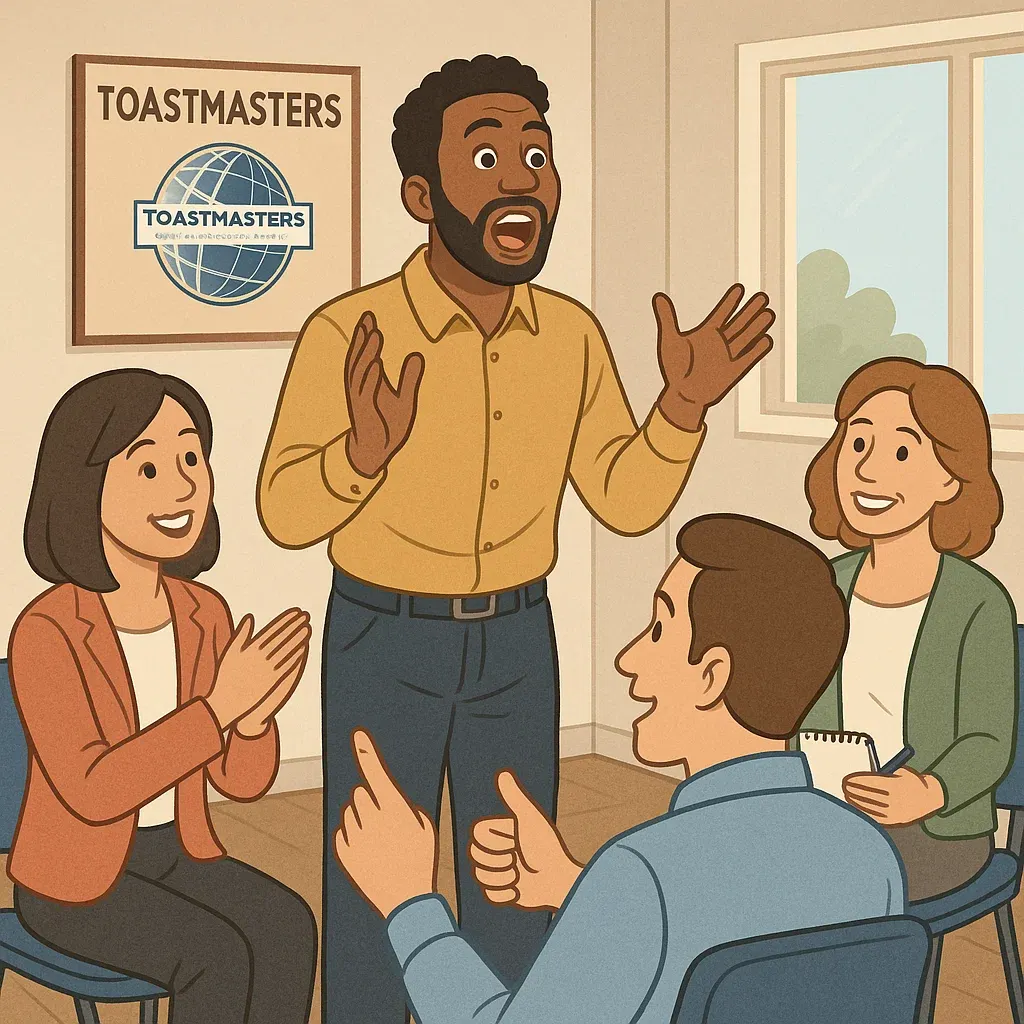
Being a past TEDx trainer, I've seen the inner workings of the organization. I trained before TEDx was uber famous, back when they were begging for speakers. Now events have over 400 applications, and there are amazing speakers who have amazing ideas who can't land a TEDx spot, while so-so Toastmasters are getting spots simply because of who they know.
One of our very own Elevate community leaders joined an advanced Toastmasters club because one of his mentors told him to for his professional speaking business.
Guess who was in the club?
That's right, a TEDx organizer. Rob had no thought of wanting to do a talk. He just showed up, got critiqued, improved, and the TEDx organizer invited him into the conversation. It only took a few months (a few hours, if you break down the time); he doesn't have to leave town, spend hours/days/months/years researching and spamming hundreds of events. Not to mention, he is now associated with a Top 5 TEDx event.
It's not rocket science, kids.
It's niche gig hunting.
And for those of you who think TEDx is a way to get on the professional speaking circuit and your calendar filled with gigs, here is a reality check...

I know many speakers who spent a lot of time securing their TEDx spot, and then they spent even more time preparing for the talk, only to get 900 views and have nobody call them to speak after.
I'd rather spend my time looking for gigs that put me in front of my ideal audience.
Join my community at the end of this post to learn more...
Case Study: The Spa Owner Who Froze Up
One of my clients runs a massive wellness business with 170 employees.
She was terrified to speak to her own staff (seriously).
After about 3 sessions, she's telling me a story about an impromptu speech in front of 250 people at an industry event. She said, "I just told them my story."
I was like, "Wait. What?
She stood on stage in front of 250 industry peers and gave an impromptu talk. No script. Just her story.
I'm thinking how amazing I am at my job...
That’s the power of clarity.
She stopped trying to be “someone who could talk about anything” and stepped into her identity using the most powerful story we all share.
Our Own.
Why Niching Works (SEO + Stages + Status)
- You’re easier to find. Nobody Googles “motivational speaker.” They search “speaker on burnout for nurses” or “sales keynote for SaaS teams.” If you’re not niche, you’re invisible.
- You charge more. Generalists haggle. Specialists set fees. Even unpaid gigs treat you like the authority when your positioning is clear, and smart speakers have a backend product.
- You make decision-makers’ jobs easier. My biggest clients don’t search me directly. Their assistants do. Gatekeepers want simple answers: Who’s the obvious fit, and will I make their boss happy?
- It’s less mental clutter. One clear problem, one clear solution. That’s it.
The Niche Framework: Audience → Problem → Transformation
Here’s the quick-and-dirty roadmap:
Audience: Who do you serve? (Hint: “everyone” = instant fail.)
Problem: What pain are they avoiding, denying, or losing by not fixing it?
Transformation: What’s the after-state when they work with you?
Example niche statement:
“I turn mid level managers and executives fear of public speaking into irresistable stage presence.”
Critics say that’s too broad. “Shouldn’t it be something hyper-specific, like: I help healthcare professionals overcome burnout while working 60 hours a week with a two-year-old and a stressed marriage?”
Here’s my answer: there’s one orange and over 400 varieties of that orange.
Just get started and niche down as you go. But I will say that hyper-specific is better, yes.

Will Niching Make Me Lose Gigs?
Short answer: yes.
And thank God.
You’ll lose the gigs you didn’t want.
The gigs you gain? Always showcase your value.
Join my community at the end and find out how Robert is flipping the script...
Own It or Ghost It
You’ve got three options:
- Beg and grind trying to network.
- Hope organizers magically stumble on you.
- Or stake your claim in a specific space, and let clarity do the heavy lifting.
Speaking isn’t about being loud; it’s about being laser-focused.
Your Turn
What’s your niche? Can you say it in one line?
Now. How does your online presence complement you in your niche?
If it doesn't, don’t panic. That’s exactly why I built the Magnetic Message Blueprint.
In five days, you’ll carve out a message that lands, stop sounding like every other “motivational speaker,” and start hunting the gigs you actually want.
Because in this game, you either own your niche…
…or get ghosted.
👉 [Click to Join The Community & Become Influential]
Related Posts:
- AI Isn't The Threat... Declining Critical Thinking Is.
- The Trust Factor: How Communication Wins Any Audience
- From Pay-To-Play to Paid-To-Speak
Links:
Check Out My Speaking Page/Reel- https://devinbisanz.com/speaking
